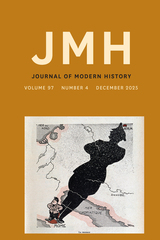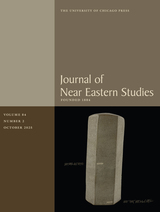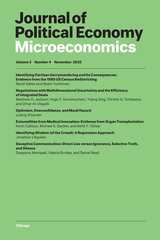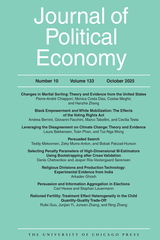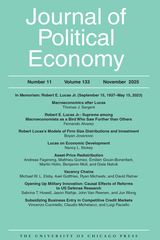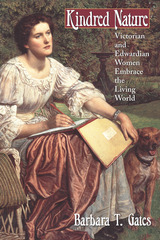
Some of these women discovered previously unknown species, others wrote and illustrated natural histories or animal stories, and still others educated women, the working classes, and children about recent scientific advances. A number of women also played pivotal roles in the defense of animal rights by protesting overhunting, vivisection, and habitat destruction, even as they demanded their own rights to vote, work, and enter universities.
Kindred Nature shows the enormous impact Victorian and Edwardian women had on the natural sciences and the environmental movement, and on our own attitudes toward nature and human nature.

Biology until recently has been the neglected stepchild of science, and many educated people have little grasp of how biology explains the natural world. Yet to address the major political and moral questions that face us today, we must acquire an understanding of their biological roots. This magisterial new book by Ernst Mayr will go far to remedy this situation. An eyewitness to this century's relentless biological advance and the creator of some of its most important concepts, Mayr is uniquely qualified to offer a vision of science that places biology firmly at the center, and a vision of biology that restores the primacy of holistic, evolutionary thinking.
As he argues persuasively, the physical sciences cannot address many aspects of nature that are unique to life. Living organisms must be understood at every level of organization; they cannot be reduced to the laws of physics and chemistry. Mayr's approach is refreshingly at odds with the reductionist thinking that dominated scientific research earlier in this century, and will help to redirect how people think about the natural world.
This Is Biology can also be read as a "life history" of the discipline--from its roots in the work of Aristotle, through its dormancy during the Scientific Revolution and its flowering in the hands of Darwin, to its spectacular growth with the advent of molecular techniques. Mayr maps out the territorial overlap between biology and the humanities, especially history and ethics, and carefully describes important distinctions between science and other systems of thought, including theology. Both as an overview of the sciences of life and as the culmination of a remarkable life in science, This Is Biology will richly reward professionals and general readers alike.
READERS
Browse our collection.
PUBLISHERS
See BiblioVault's publisher services.
STUDENT SERVICES
Files for college accessibility offices.
UChicago Accessibility Resources
home | accessibility | search | about | contact us
BiblioVault ® 2001 - 2025
The University of Chicago Press


